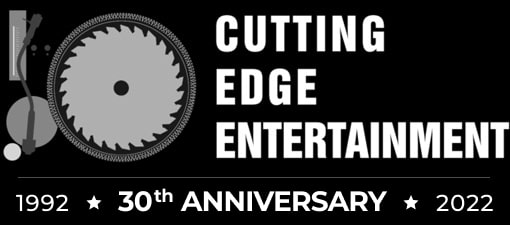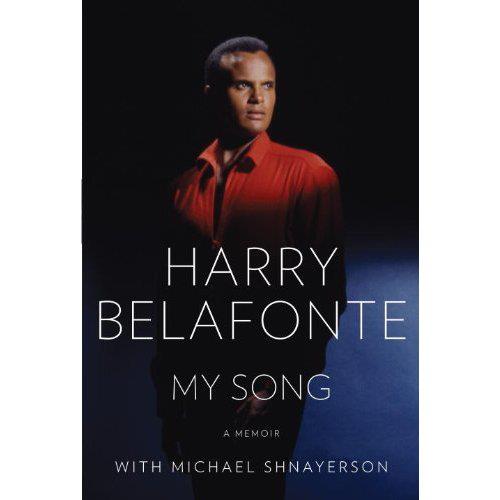Harry Belafonte ‘My Song’
I just finished this book about about a week ago, and as far as a ‘review’ goes, there isn’t much I can say that hasn’t been said by other reviewers, particularly Adam Bradley, Author and Review Contributor for Barnes and Noble, which you can check out here on www.barnesandnoble.com.
One part in particular of Mr. Bradley’s review was this;
What distinguishes it [Belafonte’s autobiography] — and elevates it to excellence — is the quality of experience that the book chronicles. Belafonte’s Brush with Death isn’t an overdose in a suite at the Chateau Marmont, it’s a high-speed escape with Sidney Poitier from the Ku Klux Klan to deliver a suitcase filled with tens of thousands of dollars to support civil rights activists in Mississippi. His Big Break isn’t a record label intern discovering his demo at the bottom of a box of unsolicited tapes, it’s walking onstage for his first gig to find that his backup band consists of jazz immortals Max Roach, Al Haig, Tommy Potter, and Charlie Parker. His Happily Ever After isn’t a series of Billboard and box office hits, famous paramours, and big paychecks (though he enjoys all of these in abundance), it’s a lifelong commitment to the cause of civil rights, both at home and abroad.
Although the rest of Bradley’s review is brilliant, on point and worth reading, I believe the above paragraph summed it all up quite well. I typically devour biographies and autobiographies on music artists, particularly ones I enjoy, but with Belafonte’s book I was given an unexpected lesson in history, activism, and the civil rights movement.
Mr. Belafonte, if you’re reading this (pardon my delusions of grandeur), I thank you. I thank you not just for this phenomenal autobiography that opened my eyes while making me think, but I thank you for everything you have done to stomp out oppression. You are not just an icon, but a leader. As a youth, I knew who you were, and I have known your music for a long time. Although I never knew all of the great things you did, I am not surprised that you did them. Even as a kid, I knew you were important somehow, just didn’t know why.
As a white kid growing up in the suburbs of Philadelphia, my earliest memory of a ‘black’ experience was asking my mother to go to a mall, and her responding “Are you crazy? It’s Black Friday!” I may have been eight or nine years old at the time, but for years I believed that meant white people were not allowed to go shopping on Black Friday. With that skewed perception of the world, I also believed Harry Belafonte was the black leader, King of all black people (I had no idea that he was a singer until years later, only that he seemed regal on television).
And then I grew up.
What I learned from this memoir, and this experience, is that Mr, Belafonte a leader and a king amongst all men. He held counsel with leaders like Bobby and John Kennedy and was their direct line to Dr. Martin Luther King Jr., with whom he was a close friend. He was there at the March on Washington and did all he could to abolish apartheid in South Africa. His message of non-violence, activism, looking at the world differently (what can be vs. what is) and making a difference is not lost on this reader, and I am grateful for all he has done.
In his memoir, Belafonte says, “I am not an entertainer that became an activist, I am an activist that became an entertainer”. Brilliant.
But let us not forget the talented, charismatic entertainer that he is/was. Below is a clip from The Muppet Show, with Mr. Belafonte as guest, which gives a great glimpse into Harry Belafonte as both a singer, a performer, and a world class entertainer. It’s a funny and fun clip.
I do highly recommend this book, but like Adam Bradley’s review says, this is not your run-of-the-mill celebrity tell-all. It’s something much more significant, and the story of a life worth reading about.
-Craig

